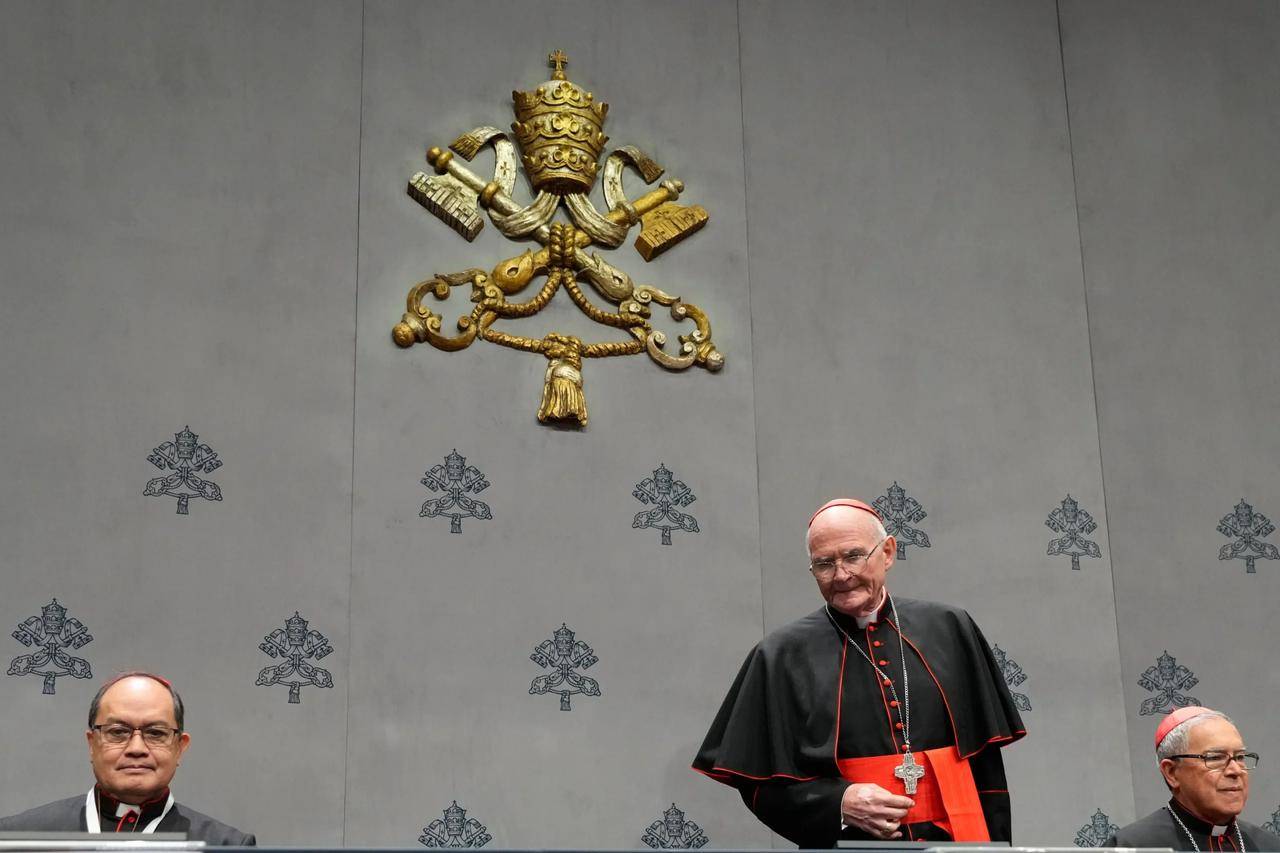ROME – After six months in a Sicilian prison, the leader of a lay Catholic association charged with having sexually abused at least six underage girls has been released and allowed to await trial under house arrest.
In previous reporting, Crux has followed the story of Piero Alfio Capuana, a banker turner charismatic religious leader of the “Catholic Culture and Environment Association,” or ACCA, a lay association not officially recognized by the Church, that counted more than 5,000 members in the highly devout Sicilian inland near Catania.
Over the span of 25 years, Capuana, 73, who was regarded as an incarnation of the Archangel Gabriel by his followers, now stands charged with sexually abusing young girls between the ages of 11 and 16 with the help of three of his “Apostles,” meaning aides, who allegedly coaxed victims into interpreting his sexual advances as “pure love” and “love from above.”
In August of last year, an investigation conducted by the Italian police led to the arrest of Capuana, who was kept in isolation inside the Cavadonna prison in Syracuse until a review court found Feb. 8 that there are insufficient requirements for his remaining behind bars awaiting trial.
Capuana is now back home in the small provincial town of Motta Sant’Anastasia.
“I wouldn’t want the concession of house arrest to be interpreted as the innocence of this person,” said Tommaso Tamburino, the lawyer representing four of the six alleged victims in the case, in an interview with Crux.
“If he’s out right now, it’s because the tribunal evaluated that a person of his age, and with his ailments, should justly not be in jail, especially after having already spent six months there,” he added.
Earlier court rulings had confirmed the incarceration for Capuana ahead of his trial. Preemptive incarceration in Italy depends on the gravity of the crime and other factors, such as the likelihood that the accused might commit a crime again or corrupt the evidence.
At this stage, there’s no risk of evidence contamination since the preliminary hearings in the case have already taken place. In the Italian judicial system, those hearings establish which evidence can or cannot be admitted in court, meaning it cannot be altered now.
Since the very beginning of the case, the defense has been insisting that Capuana is too sick – he suffers from diabetes – and too old to be in prison, and should be placed under house arrest.
On Tuesday, Italy’s highest court of appeal, the Cassation court (which reviews cases based on the already existing evidence and the law), annulled the local court’s pre-trial detention order for Capuana, paving the way for his release by the review court.
The two court decisions were made independently from one another. According to Mario Brancato, the lawyer for the defense, “they opened a highway for the defense.”
“If the Cassation annulled for such serious crimes, it’s because the proof is insufficient,” Brancato told Crux in a phone interview.
While deciding that Capuana could not continue to be held in prison, the Cassation court did not release an explanation as to why, which will be published on a later date that can be between one month and 40 days from the original decision.
The lawyer for the accusers said “there’s nothing surprising” about the two recent rulings.
“I spoke about it with the girls [the alleged victims], because I saw that they were upset and wondering what all of this meant,” Tamburino said.
“I want to make it clear that all of this has nothing to do with his being innocent or not,” he added, “we will have to await the motivation behind the Cassation’s decision.”
Tamburino explained that in the Italian judicial system, a case such as this one can go on for more than five years, and it would be naive to assume that Capuana would have been held in prison for all that time.
“Beyond his deserving it or not, as the girls say, we must wait for a sentence,” Tamburino added.
On many occasions, Capuana has declared himself innocent of the accusations, which he has dismissed as slanderous and part of a conspiracy against him in order to extort money.
Three female associates of Capuana – Rosaria Giuffrida, Fabiola Raciti and Katia Concetta Scarpignato, who organized so-called ‘schedules’ when the young women would be called to the Archangel’s house and were allegedly sexually abused – currently remain under house arrest and await trial.
Three more people involved in the case have been charged with aiding and abetting Capuano but have not been arrested: A local politician named Domenico Rotella (husband to Giuffridda); a former president of ACCA, Salvatore Torrisi; and Father Orazio Caputo, who allegedly informed members of the organization that they were being investigated by the police.
The diocese of Acireale, led by Bishop Antonino Raspanti, is the ecclesiastical authority in the area, and has stated in two separate press releases that the nature of the ACCA association is “civil” and therefore not under its jurisdiction.
Nonetheless, Raspanti has created an ad hoc commission to examine all “ecclesiastic, moral and doctrinal” aspects of the matter, charging it with “protecting all the faithful who were damaged or denied their rights.”
So far, the commission has released no statement, and Caputo has been placed in a monastery under the strict supervision of the diocese and has not spoken publicly about the case.
If it may take five years for the Italian justice system to determine Capuana’s fate, no timetable yet has been established for the diocesan commission to complete its review of the Church’s own role and responsibilities in the case.












